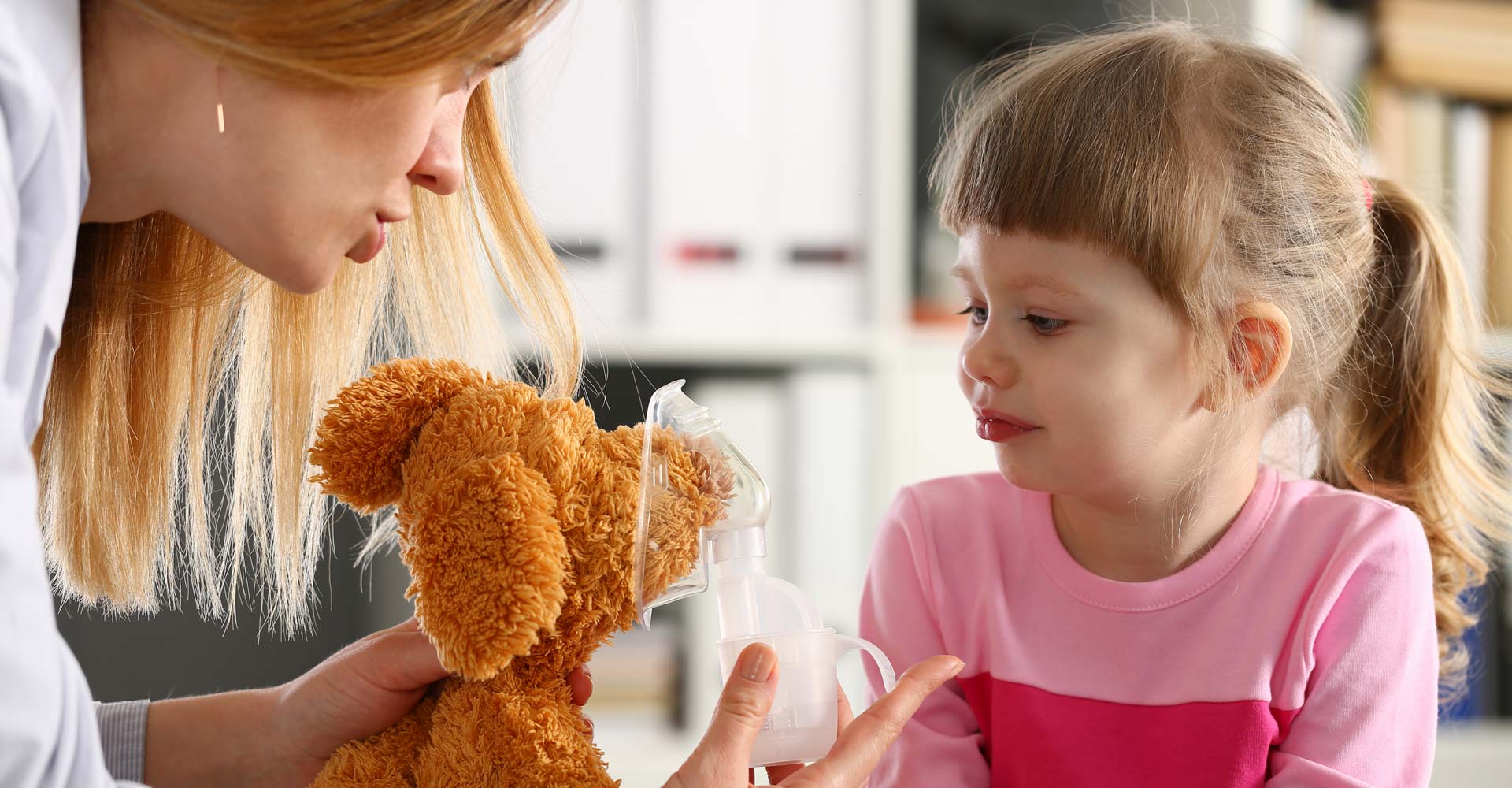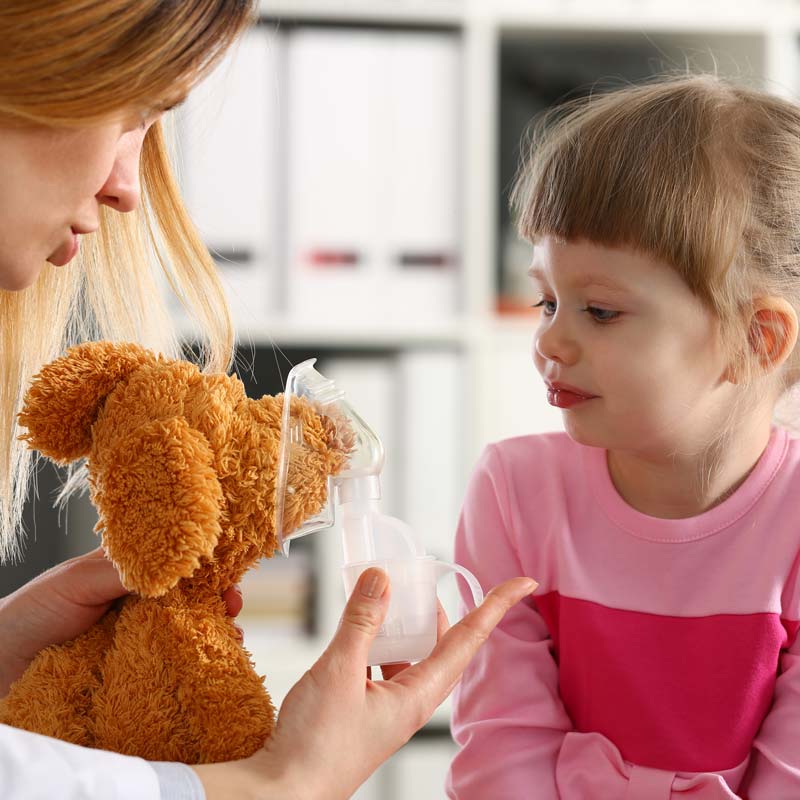Caring for teenagers with asthma should take into account the rapid physical, emotional, cognitive and social changes that occur during adolescence.
During teenage years, asthma control may improve or get worse. Many things happen to teenagers during this period, because of changing needs and lifestyle.
Adolescents often have difficulties in following prescribed treatments for their asthma. For instance, they may forget to take their medication when they feel better or be concerned about the impact of treatment on their physical or sexual abilities . They may even engage in exploratory and behaviours that are risky for asthma patients, such as smoking.
Asthma self-management in adolescence
During adolescence, teenagers are developing their desire for autonomy. Caring for adolescents with asthma means to empower them to keep their asthma under control by themselves.
Encourage your teenagers to:
- Follow the prescribed treatment
- Adolescents are often focused on short-term rather than on long-term outcomes. You should explain to them that adherence to controller medicines reduces the risk of severe attacks
- They should know what are the medicines prescribed for their asthma, and how and when to take them so that they can be autonomous
- They must always have their asthma reliever with them
- E-inhalers connected with drugs can be a useful tool with which to track intake; some can also track inhaler technique
- Avoid asthma triggers if there is evidence that this will help
- Asthma triggers such as tobacco smoke and e-cigarettes as much as possible
- Follow your doctor’s advice when working out or playing sport
- Do not avoid sport or physical exercise; the teenager should see their doctor for a review of their medication if they get asthma symptoms during or after exercise
- Follow the written asthma action plan developed in collaboration with the healthcare provider and the family
- The asthma action plan includes a description of how to recognise when symptoms begin worsening, the medications to administer, when and how to obtain medical care (including telephone numbers of services available for emergencies)
A digital version of the asthma action plan on the mobile devices means having it always available!
- School and tutors should be informed about the teenager’s asthma, and be aware of what to do in case of an attack. Sharing with them the asthma action plan may be very helpful
- Consult their healthcare provider regularly
- Medication regimens should be tailored to the adolescent’s needs and lifestyle, and reviewed to be adjusted to changing needs
Teenagers should see their healthcare provider without a parent or caregiver, so that they can address sensitive issues such as smoking, adherence and mental health!
- Accept asthma as a part of their life
- Adolescents should not underestimate their mental health
- They should have access to youth-friendly online resources
- Practice sport safely, since it is good for their overall health, mood and it is a good chance to meet friends. The teenager should ask for a medication review if they have asthma symptoms during or after physical activity
- Adolescents should be in contact with their peers, patients’ associations offer opportunities to meet them in a safe environment
- Provide advice and practical help for the teenager in transitioning from paediatric clinics to adult clinics

